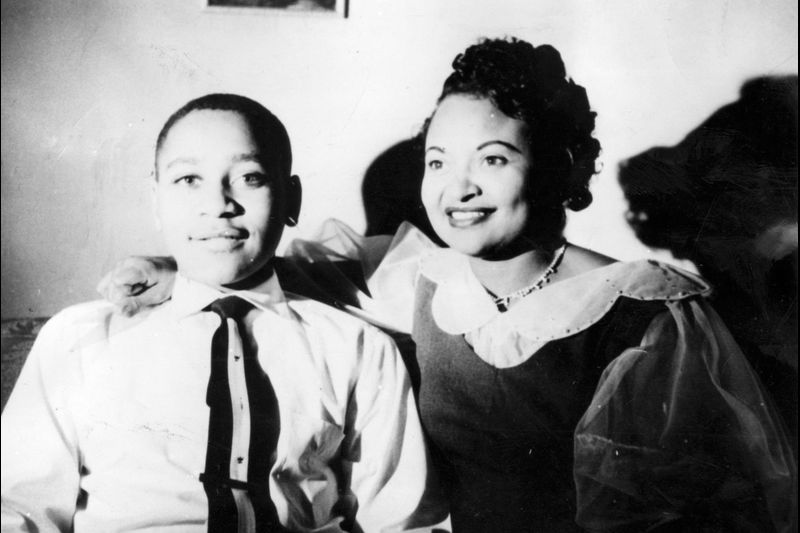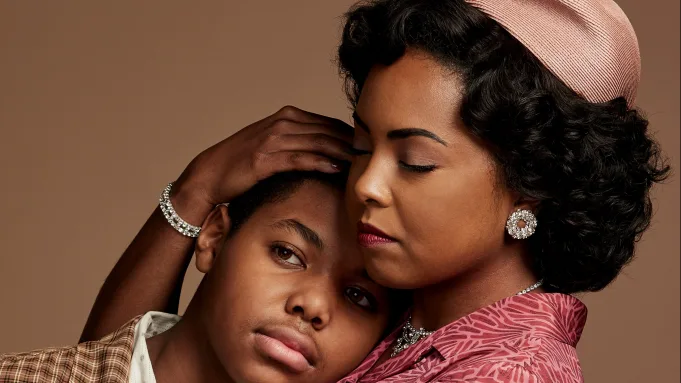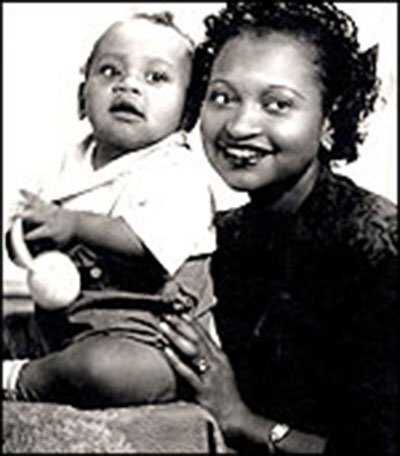Professional, theatre audience member, as well as student reviews and assessments of a production.
Patriarchy, Violence and a Black Woman’s Leadership for Social Change: Emmett Till’s Mother
By Dr. Khaula Murtadha
Risk taking, social justice leadership is often demonstrated by those who envision something better in the lives of Black people. It is a leadership that is accountable; willing to fight against bigotry; tell out loud about the acts of hatred they witness; and they take up public spaces, coordinating and cooperating with others in the struggle for Black community well-being. Challenging the privileged caste as a Black woman, or man, is risk taking. Mamie Elizabeth Till-Mobley was a social justice activist, a fighter, and the mother of Emmett Till, a fourteen year old Black boy sent to Mississippi for a summer break in August, 1955. It was just a time for him to get out of the big city, out of Chicago. Mamie was reluctant but was influenced to let her son go south, deep south Mississippi. Emmett was taken from his bed in the middle of the night and murdered there in Mississippi. His mutilated body was pulled from the Tallahatchie River, and was barely identifiable but for a ring on his finger.
White male patriarchal violence is clearly portrayed in ABC’s Women of the Movement, as it captures the horrific murder of Emmett Till as well as aspects of the civil rights movement. White men are shown on the jury, unmoved by testimony, acquitting the perpetrators of hatred in their defiance of justice. One critically important aspect of the production was that it depicts a Black woman, a mother, Mamie Till, who deeply loved her son and her personal rise to risk taking civil rights leadership often ascribed to Black males. Black women, with the exception of Rosa Parks are often seen as in the back drop supporting the men who led the movement. Mamie became a leader, cohering others around a mutual purpose and resolve, such that along with NAACP leaders, she toured the country telling the story of her son’s life and death and the injustice surrounding his case. She publicized the truth and took up those spaces, like the church pulpit, most often reserved for men in the movement lecturing, sharing her story.
“Mamie also graduated from the Chicago Teachers College in 1956, and received a master’s degree in administration and supervision from Loyola University Chicago in 1975. Mamie taught special education in Chicago elementary schools and founded the Emmett Till Players, who would travel the country presenting Martin Luther King Jr.’s speeches. Her memoir, Death of Innocence: The Story of the Hate Crime that Changed America was co-authored with Chris Benson and published just a few months after her death in 2003.” [https://www.distractify.com/p/what-happened-to-emmett-till-mother]
The creation of the “Emmett Till Players” served a variety of functions including the encouragement of young people to offer public performances and to speak up for justice! As shared on the website https://mamietillmobley.webs.com/till-players “ Because of my experiences as an Emmett Till Player and training with Mother Mobley, I feel I can stand up in front of any crowd and say anything. . .As a prosecutor. . . All I can think about is her [Mamie’s ] voice telling me just do your best.” Natalia Moore, Assistant State Attorney
The lens, the images we are shown, the telling of our of our narratives- the popular narratives, have most often been through the White male lens. So let’s speak the names of some of the other Black Women leaders and learn more about their confrontation with White patriarchal violence: Septima Poinsette Clark: (1898-1987); Daisy Bates (1914-1999); and Ella Baker (1903-1986). There are so many more. Let’s learn and teach about social justice leadership.





